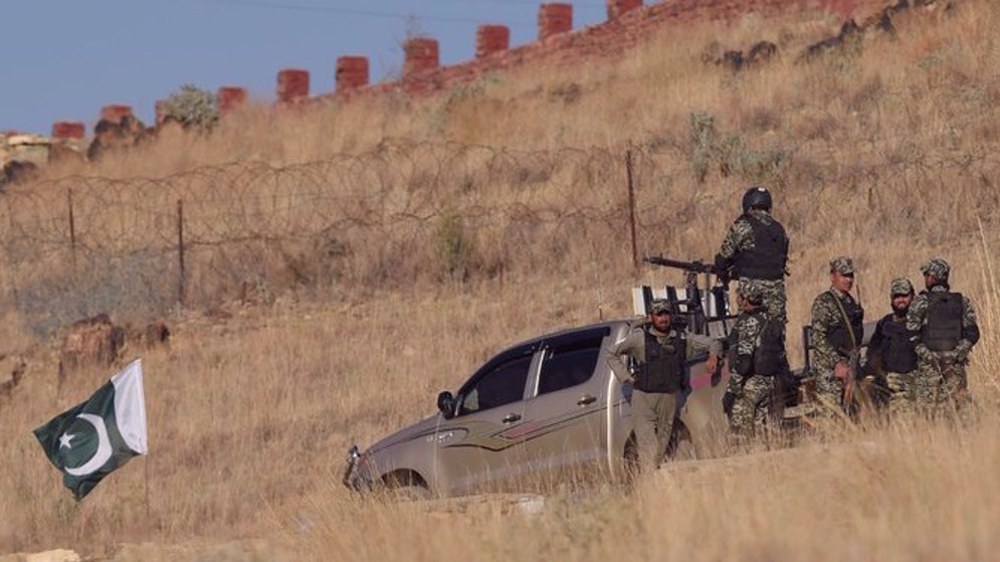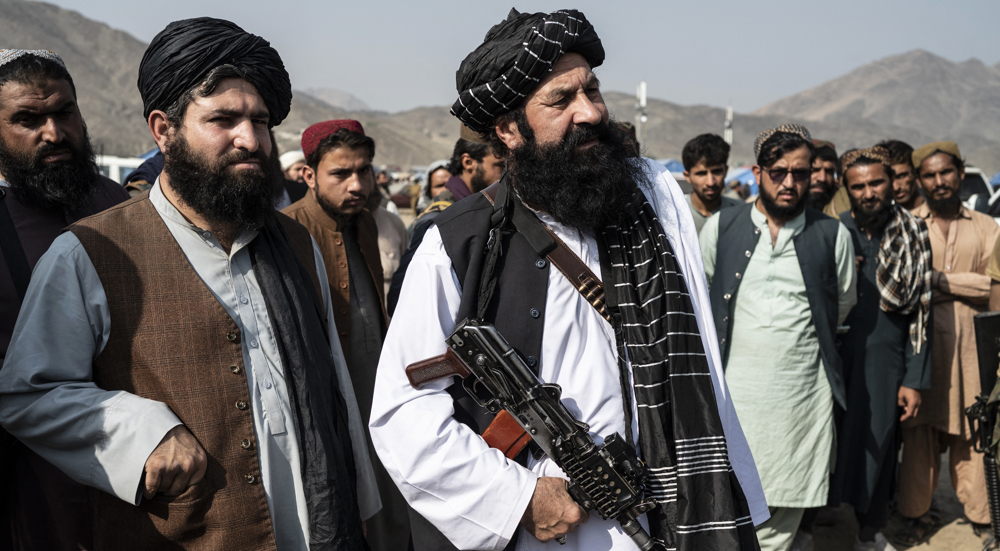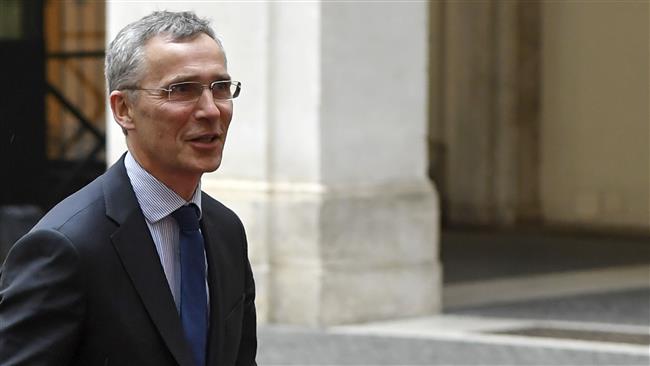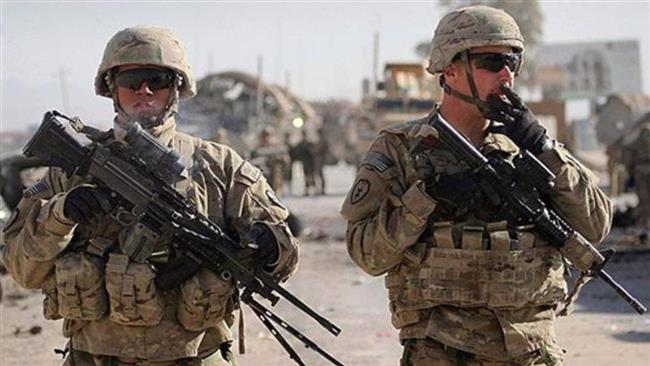US-led military alliance NATO agrees to boost troops in Afghanistan
NATO Secretary General Jens Stoltenberg says the US-led Western military alliance will increase the number of troops in war-ravaged Afghanistan.
Stoltenberg said in Brussels on Thursday that NATO forces would train local forces facing a resurgent Taliban but would not return to a combat role in Afghanistan.
"I can confirm we will increase our presence in Afghanistan," Nato chief said as he arrived for a meeting of the defense ministers of the 29-nation alliance in Brussels, adding, "We have to understand this is about training, assistance, advice ... It is not to conduct combat operations but to help the Afghans fight," Stoltenberg added.
Stoltenberg, however, did not give a precise number of troops to be deployed in Afghanistan.
"We will look into how we together can ... have enough troops to help the government and break the stalemate and so lay the ground for a political solution," he noted.
He also confirmed that at least 15 countries had already promised more contributions and hoped for more pledges.
Elsewhere in his remarks, the NATO chief stressed that the extra troops could help bolster Afghan special forces, improve Kabul's air force to provide ground support and evacuations, and step up officer training.
Diplomatic sources said an increase of up to 3,000 troops from the current figure of 13,500 soldiers is under consideration.
The developments come as NATO commanders have asked for more troops following recent Taliban gains.
In February, John Nicholson, the US general commanding NATO forces in Afghanistan, told Congress that the US and its allies had a "shortfall of a few thousand" troops. The senior US military official also warned that "we're in a stalemate."
The new deployment is the latest sign of that NATO is increasingly being drawn back into fighting in Afghanistan.
US-led forces formally ended the combat mission in Afghanistan in 2014. The United States has about 8,400 troops in the country alongside another 5,000 from NATO forces.

The Taliban militant group in late April announced the start of its "spring offensive," a heightened campaign of bombings, ambush attacks, and other raids.
Over the past 16 years, the Taliban militants have been conducting terrorist attacks across Afghanistan, killing and displacing civilians.
In addition, the Daesh Takfiri terrorist group has also gained ground and recruited militants across several provinces of Afghanistan over the past few years.
Afghanistan has been gripped by insecurity since the United States and its allies invaded the country as part of Washington’s so-called war on terror in 2001. Many parts of the country remain plagued by militancy despite the presence of foreign troops.
Pezeshkian to visit Russia next month to sign partnership pact
Missile fired from Yemen hits Tel Aviv
VIDEO | Iran emerging as aviation service hub through innovative solutions
Iraq exhuming remains of 100 Kurdish women, children killed by Saddam
Panama rejects talks with US over canal control
VIDEO | Israel Yemen aggression
HTS rulers name al-Qaeda operative as Syria's new spy chief
Iran voices concern about rising insecurity, violence in Syria















 This makes it easy to access the Press TV website
This makes it easy to access the Press TV website